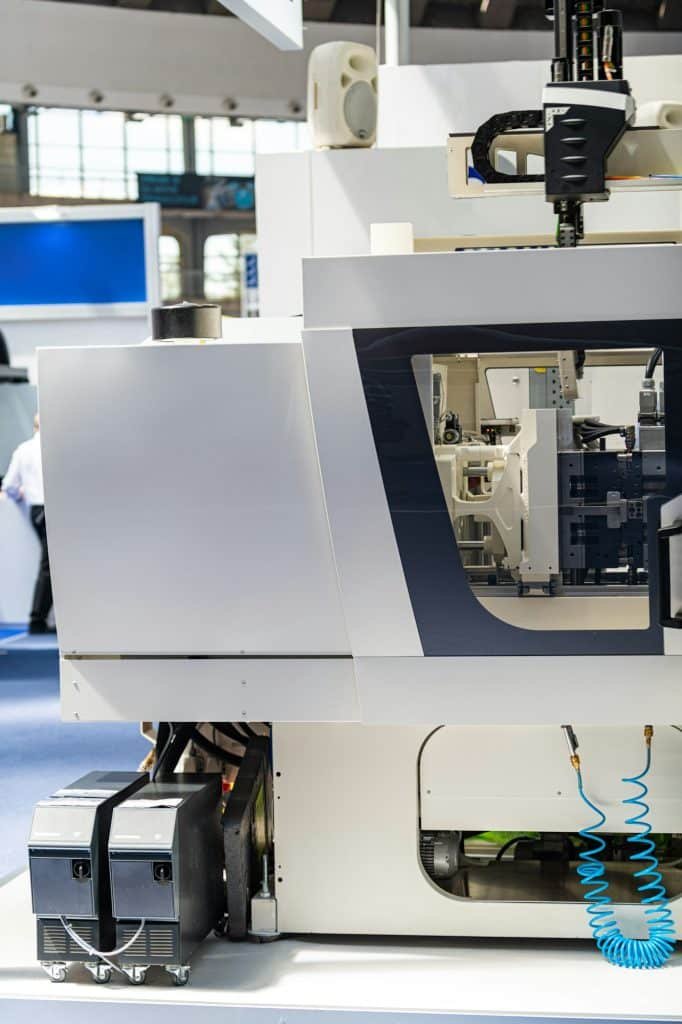IntroductionIt is strictly required by such a standard, Injection molding factory Only with today’s development scale, can we have the proud momentum to crush our competitors. https://bfymold.com/services/mold-design/
In the highly regulated world of medical device manufacturing, precision and compliance are paramount. The production of medical devices, which often requires intricate designs and impeccable accuracy, relies heavily on advanced manufacturing technologies. Among these, CNC (Computer Numerical Control) machining stands out as a cornerstone in delivering the precision, reliability, and quality demanded by the medical industry. Let us know the critical role CNC machining plays in medical device production. And we should know how it meets the stringent requirements of the sector and aligns with customer needs.
Understanding CNC Machining and Its Importance in Medical Device Manufacturing
CNC machining is a manufacturing process that uses computerized controls to operate machinery, precisely shaping and detailing materials into custom-designed parts. The technique is particularly valuable in the medical industry, where complex geometries, tight tolerances, and high-quality finishes are often required. From surgical instruments to implantable devices, CNC machining enables the production of components that meet the exacting standards of the medical field.
Metalworking CNC milling machine.
Metalworking CNC milling machine
Precision: The Core of Medical Device Manufacturing
Precision is non-negotiable in medical device manufacturing. Devices such as orthopedic implants, prosthetics, and surgical tools must be produced to exact specifications to ensure they perform reliably and safely. CNC machining offers unparalleled precision, enabling the creation of complex parts with tight tolerances down to a few microns.
Complex Geometries and Tight Tolerances: Medical devices often feature intricate designs that are difficult to achieve with traditional manufacturing methods. CNC machining allows for the precise cutting, drilling, and milling of complex shapes, ensuring that each component fits perfectly with others. This capability is essential for devices like pacemakers, which require the integration of multiple miniature parts.
Material Versatility: Medical devices are made from a wide range of materials, including metals like titanium and stainless steel, and high-performance plastics. CNC machining is compatible with these materials, offering versatility in manufacturing. The ability to work with biocompatible materials ensures that the end products meet the necessary medical standards.
Repeatability and Consistency: In medical device manufacturing, consistency is just as important as precision. CNC machining provides repeatability, ensuring that each part produced is identical to the last, which is crucial for mass-produced devices. This level of consistency is vital in maintaining the quality and safety of medical devices.
Ultrasound liposuction treatment device in medical clinic
Medical Manufacturing
Compliance: Navigating Regulatory Requirements
The medical industry is one of the most regulated sectors, with stringent standards imposed by bodies like the FDA and ISO. Compliance with these regulations is crucial for any company involved in medical device manufacturing. CNC machining not only meets these standards but also facilitates the documentation and traceability required for regulatory compliance.
Meeting FDA and ISO Standards: Medical devices must comply with strict standards to ensure they are safe for use. CNC machining processes are capable of producing parts that meet these rigorous requirements, including ISO 13485 certification, which is specific to medical device manufacturing.
Quality Control and Documentation: CNC machining offers extensive quality control capabilities, from in-process inspections to final part verification. Additionally, the digital nature of CNC technology allows for detailed documentation and traceability, which are essential for regulatory compliance. This traceability is crucial for audits and ensuring that all parts meet the required specifications.
Risk Mitigation: The precision and consistency offered by CNC machining reduce the risk of defects, which is particularly important in the medical field, where even a minor error can have significant consequences. This risk mitigation is a critical factor for customers who demand reliable and safe medical devices.
Customer-Centric Manufacturing: Tailoring Solutions to Industry Needs
In the competitive landscape of medical device manufacturing, understanding and responding to customer needs is vital. CNC machining provides the flexibility and capability to deliver tailored solutions, whether for prototype development or full-scale production.
Diverse team of engineer architects working on modern cad program
CNC Machining
Prototype Development and Customization: CNC machining is an ideal solution for developing prototypes. The ability to quickly and accurately produce custom parts allows for rapid iterations during the design phase, ensuring that the final product meets the specific needs of the customer. This is particularly beneficial for startups and small medical companies that require a high level of customization.
On-Demand Production: CNC machining offers on-demand production capabilities, allowing manufacturers to respond quickly to market changes or specific customer requests. This agility is crucial in the medical industry, where time-to-market can be a critical factor. On-demand production also helps in managing inventory efficiently, reducing waste and costs.
Scalability: Whether producing small batches for specialized devices or scaling up for mass production, CNC machining offers the flexibility to meet varying production demands. This scalability ensures that customers receive the right quantity of parts without compromising on quality or delivery times.
Cost-Effectiveness: Despite the high level of precision and customization, CNC machining is a cost-effective manufacturing solution. The process reduces material waste and labor costs, making it an economical choice for producing high-quality medical devices.
Conclusion
CNC machining is a vital tool in the manufacturing of medical devices, offering the precision, compliance, and customer-centric solutions necessary in this demanding industry. Its ability to produce complex, high-quality parts efficiently and reliably makes it an essential component of any medical device manufacturing process.